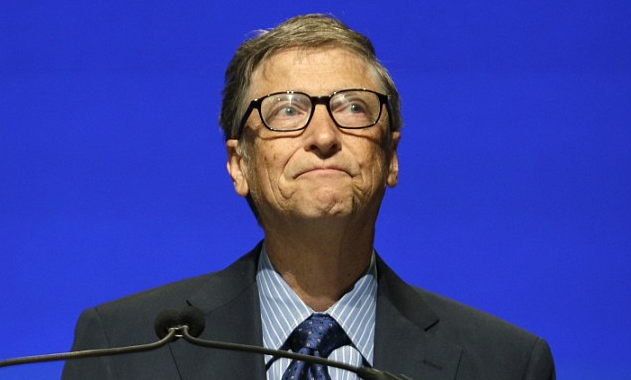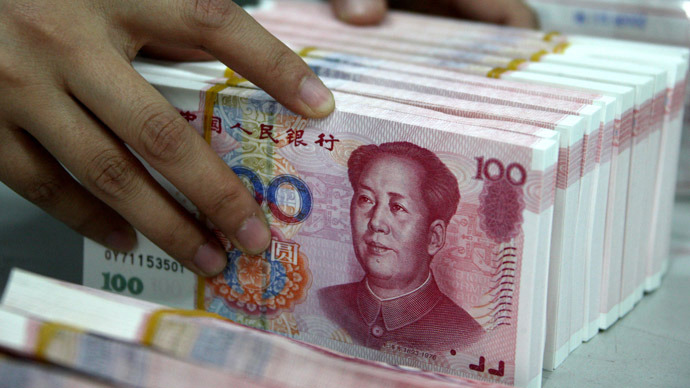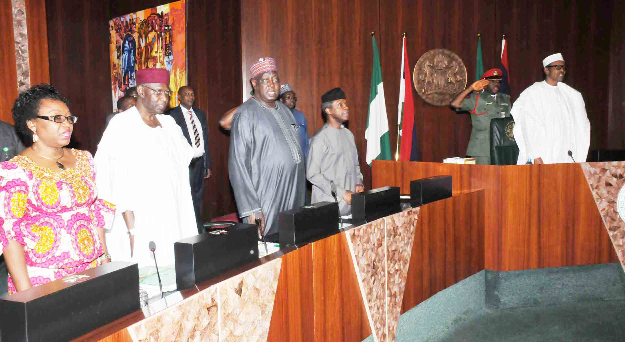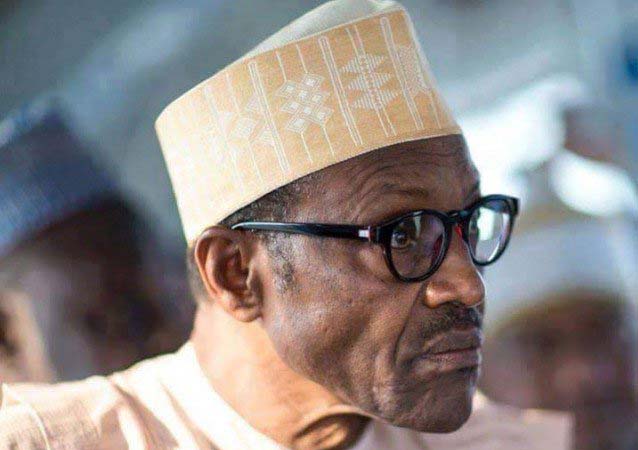Bill Gates, the world’s richest man, says development plans by leading financial institutions and philanthropies may be affected by oil prices in Nigeria, leading to a lack of funding for key sectors such as health.
Speaking on a new vision for financing development at the World Bank/IMF meetings in Washington, Gates said the world needs to maintain development financing.
Speaking about the global economy and funding development in time of crisis, he said the dependence on development banks is getting high, and may affect nations without domestic resource mobilization.
“If you look at the health sector, which is one of the key sectors to get a country to self-sufficiency, the dependence on both development banks, particularly either the dependence on bilateral money, dependence on the new multilaterals, including global fund and Gavi, is super high,” he said.
Advertisement
“When you have these things graduate all at once, essentially from everybody, you lose your Gavi money for new vaccines.
“If the government had a plan and started to do domestic resource mobilization and really understood that the health sector is one that will really start to get a lot less money, then you can imagine the smooth of transition.”
He said that if official development assistance to low income countries is off the table, countries like Nigeria hit by low oil prices may have low health funding.
Advertisement
“It’s kind of a black and white thing today. In a country like Nigeria that is dependent on oil prices for such a high percentage of its budget, we can face a situation where not only are the vaccines not being given but also the primary health care as a whole is not being funded.
“So the ODA (official development assistance) system has technical capacity and has the capacity to influence and has resources and all three of those are still fundamentally important to help poor countries get to sufficiency.”
Gates agreed with Jim Yong Kim, the World Bank president, who said “the world is moving in the right direction”.
“I think the first thing is to make people know the game is working — that is, development is lifting up lives, and this commitment needs to be maintained,” Gates said.
Advertisement
“If we had the best tax systems, the best primary healthcare systems, the best education systems of countries at every level of income adopted by others, then this development game would proceed very, very quickly.
“If you take a 50-year, 25-year perspective, the progress in uplifting countries has been quite phenomenal. If you look at the economic measures, health measures, governance measures, a lot of great things have happened. And you’d expect in the next 25 years, we should be able to do even better.
“We have constant innovation — whether it’s a malaria vaccine, or a new seed that’s drought-resistant. All of those tools could be made available to developing countries.”
In 2016, the Nigerian government budgeted N221.7 billion for the health, seen as one of the relatively well-funded sectors of the economy.
Advertisement
Add a comment







